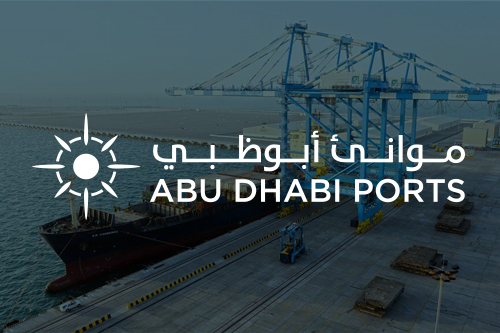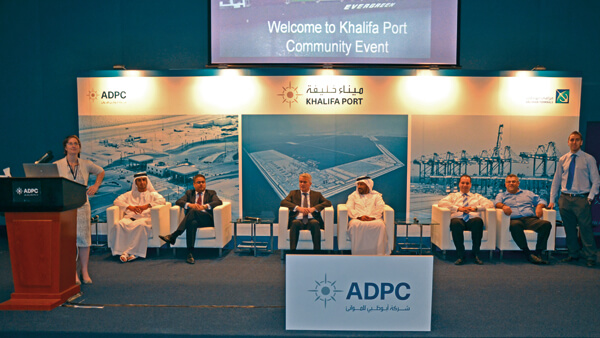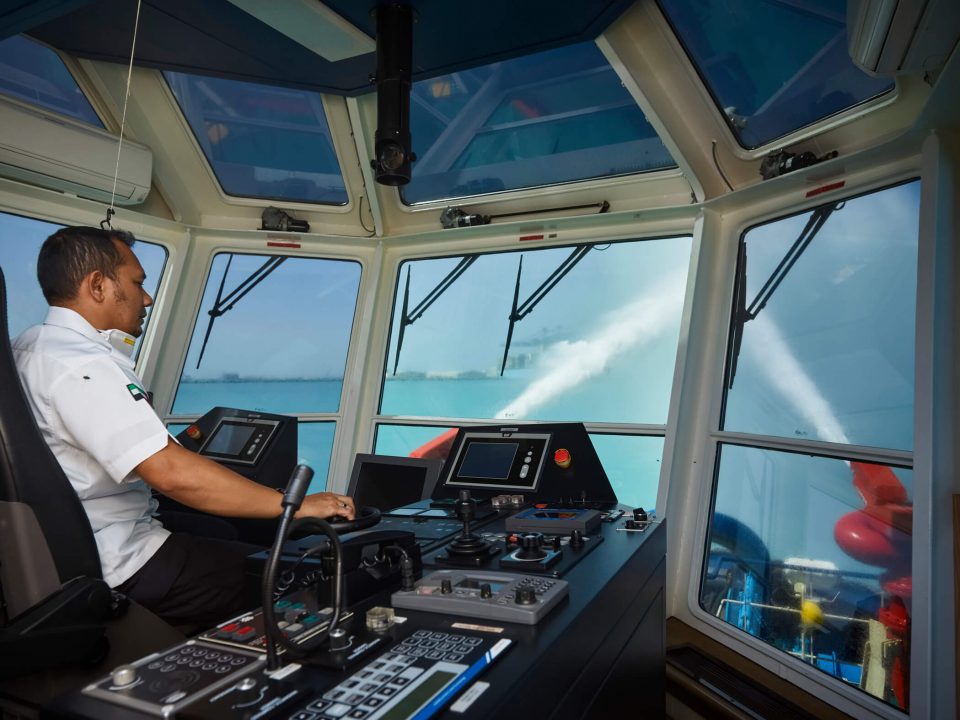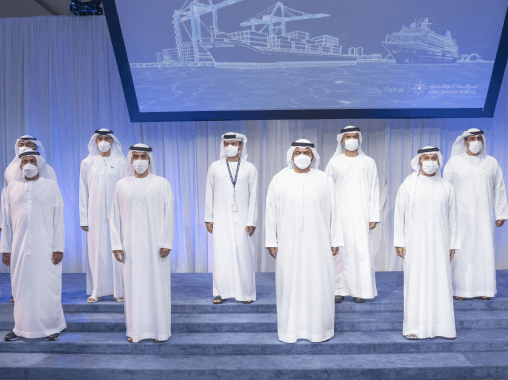- Inaugurated CSP Abu Dhabi Terminal has a design capacity of 2.5 million TEU and an initial handling capacity of 1.5 million TEU
- Terminal supports five-year drive by Abu Dhabi Ports to increase future handling capacity at Khalifa Port to 9.1 million TEU
- Terminal includes largest Container Freight Station in the Middle East and a depth of 16.5 metres to accommodate mega-vessels
- CSP has so far invested AED1.1 billion on Construction and Machinery at the Terminal
- Catalyst for FDI into KIZAD, building on 200 companies and AED65 billion in investment attracted to date
Abu Dhabi, UAE: Monday 10 December 2018 – Today COSCO SHIPPING Ports (”COSCO SHIPPING Ports” or “CSP”, HKEX stock code: 1199) and Abu Dhabi Ports inaugurated CSP Abu Dhabi Terminal at Khalifa Port; positioning Abu Dhabi as the regional hub for COSCO’s global network of 36 ports and further connecting the Emirate to the major trade hubs along the Belt and Road Initiative (BRI).
The deepwater, semi-automated container terminal includes the largest Container Freight Station (CFS) in the Middle East, covering 275,000 square metres. The state-of-the-art facility offers facilities for full and partial bonded container shipments, the full range of container packing services, short-term warehousing for de-consolidated cargo as well as easy connectivity with container terminals in Khalifa Port. The terminal is also the first international greenfield subsidiary of COSCO SHIPPING Ports, a subsidiary of China COSCO Shipping, the largest integrated shipping enterprise in the world. CSP has so far invested AED1.1 billion in capital expenditure on construction and machinery at the terminal.
The partnership with COSCO SHIPPING Ports is part of a five-year strategy by Abu Dhabi Ports aimed at strengthening the maritime sector in Abu Dhabi and driving economic diversification, in line with Abu Dhabi Economic Vision 2030, by increasing regional trade and attracting foreign direct investment. Abu Dhabi Ports has earmarked AED10 billion in investment that will increase capacity at Khalifa Port from the current 5 million TEU to 9.1 million TEU, which also includes boosting capacity at Terminal 1 to more than 5 million TEU.





























